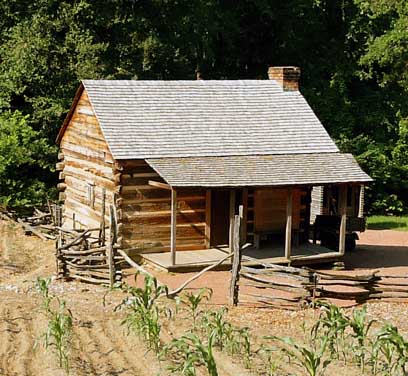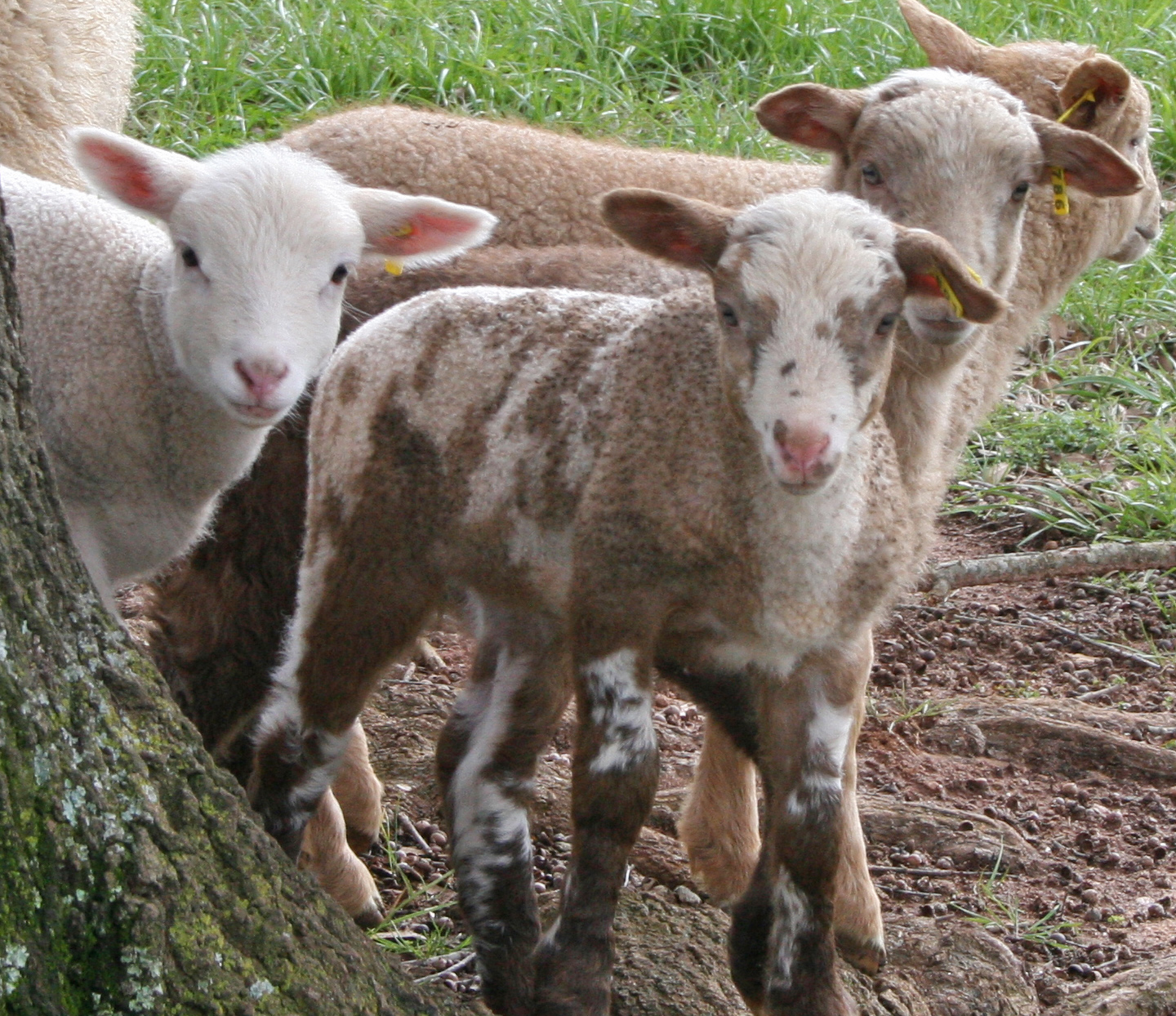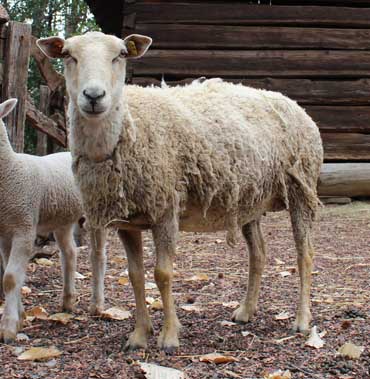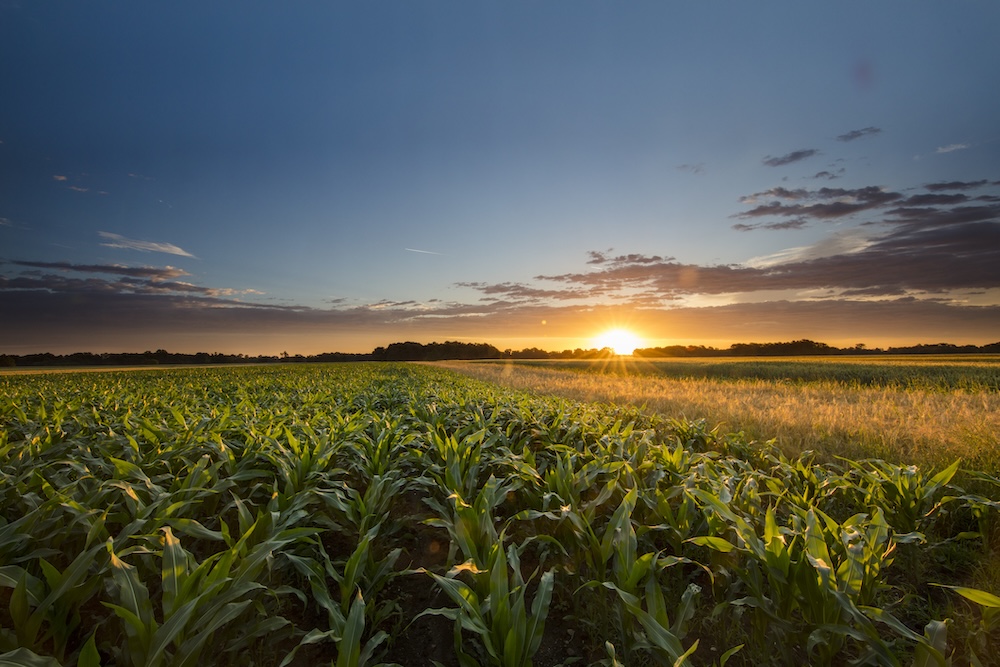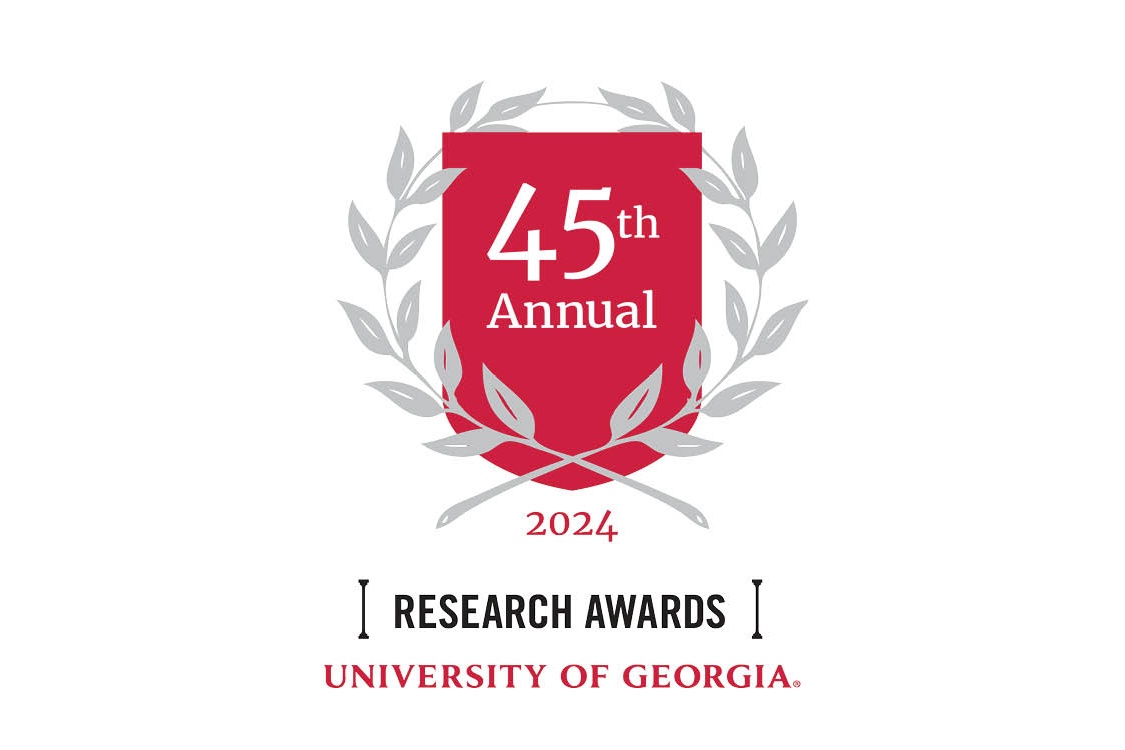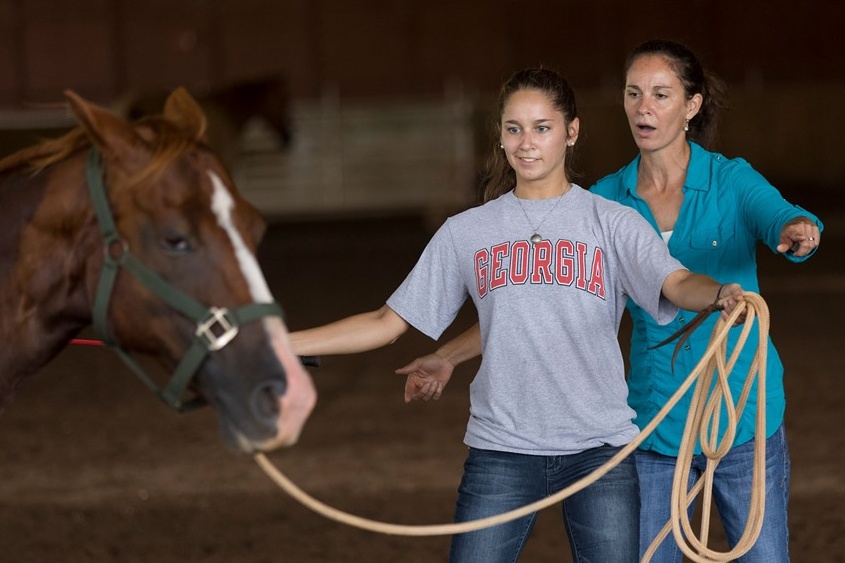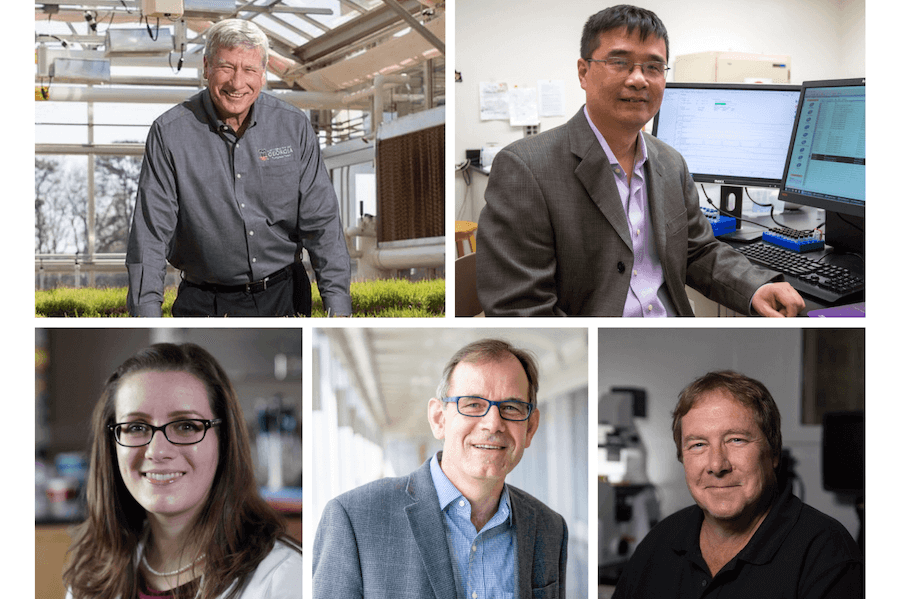In the 1860s, farming was second nature to Georgians. The skills passed down from father to son and mother to daughter made life possible.
But when the Atlanta History Center needed to learn a lifetime’s worth of historical farming skills to implement on the 1860s Smith Family Farm, they looked to the University of Georgia’s Cooperative Extension experts.
The Atlanta History Center’s renovated Smith Family Farm will make its grand debut next week with the center’s Sheep to Shawl event.
The Sheep to Shawl event is a celebration of the skills our forebears needed to make a living and build their lives on mid-19th century family farms.
The event, from 10:30 a.m. to 4:30 p.m. on April 13, will feature sheep sheering, spinning, weaving and other demonstrations of mid-19th century skills given by costumed interpreters. There will also be storytellers and musicians sharing entertainment from the period.
The Sheep to Shawl event has been a staple of the Atlanta History Center’s calendar since 1989. The center spent the past year reinvigorating the historic Smith Family Farm to provide a more authentic backdrop to the skills demonstrations.
“The Smith Family Farm experience has been one of the Atlanta History Center’s most important public offerings,” says Michael Rose, Executive Vice President of the center.
“The farm provides not only an historic setting for interpretation, but also creates an important connection between our historic gardens, our folklife collections and exhibitions, and school and public programs related to foodways and domestic arts, as well as understanding the lives of the enslaved during the time period.”
The Atlanta History Center’s staff reached out to the University of Georgia’s Cooperative Extension to help solve livestock and erosion problems that prevented the center from adding live animals and crops to their farmyard.
First, Mark Risse, the Georgia Power Professor of Water Resources in the department of crop and soil sciences, and Melony Wilson, a UGA Extension specialist in the department of animal and dairy science, helped the farm ensure that their animals won’t have any negative impacts on the local waterways. First, they found the best places to locate and build barns and poultry houses and then they worked with the center’s consulting engineer to refine their storm water management plan to make sure water runoff was “routed into rain gardens and infiltration swales and was not discharged into streams at the center,” Risse said.
They also advised the center’s staff on how to harvest the rainwater from the center’s buildings to use for livestock or landscape watering.
After fixing water runoff issues and preparing barns and chicken houses, UGA Extension was ready to help them find animals.
Census records from the 1860s showed that the Smith family kept all sorts of livestock, including sheep, cattle, pigs and chickens. The center’s staff knew their land would not support cattle and the neighborhood might not support pigs, but they definitely wanted sheep and chickens.
The challenge was “most of the livestock that we have in Georgia does not look like what we would have had during the 1800s,” said Ronnie Silcox, a professor of animal and dairy science.
To keep the farm historically authentic, he and Mike Lacy, head of the poultry science department, recommended Gulf Coast sheep and Rhode Island red hens and roosters. Both breeds come closest to the animals a family would have kept during the 1860s.
The Gulf Coast sheep added to the farm—two ewes and two lambs raised by Madison County sheep farmer Jan Southers—descended from flocks of Spanish sheep brought to the New Orleans area in the 18th century. The breed was a staple wool producer across antebellum Georgia and, after hundreds of years in the southern U.S., has adapted to warm, muggy conditions.
Fulton County Cooperative Extension Agent Menia Chester is hoping that the information provided by UGA’s Extension faculty will help build an ongoing relationship between the center and UGA Extension.
“We’re going to continue the relationship with them,” Chester said. “They’re going to have questions about their livestock and their garden or what not, and we will be able to support them just like we would any other organization.”
The Smith Family Farm is a great and much needed tool for teaching agricultural literacy, as well as history, to metro-Atlanta students, Chester said.
“It will be a good resource for all of the kids in the community,” Chester said. “Unfortunately people don’t know where their food comes from — especially kids. We want to help them to learn that process, from the field to the table.”

